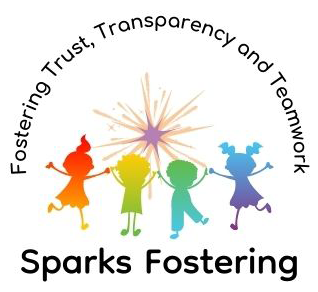Behaviour of Children in fostering Homes
Imagine that someone came to your door right now, told you to pack your bags in a short time (or packed them for you) and took you to another country to live with a family who spoke a different language and had a different culture than you were used to. Furthermore, imagine that contact with everyone you knew had stopped or was severely restricted (and perhaps supervised). As adults we would find that to be a traumatic experience and very few of us would present with ‘good’ behaviour in that situation. Whilst this is not exactly what children in care go through, there are many similarities and every child will experience some level of grief and loss.
Children process their grief and loss differently. Some children will be confused and angry – this may be processed externally (e.g. by swearing, door slamming or absconding), or they may process their grief internally (e.g. by refusing to talk, or by staying in their room). Other children may be relieved to be away from their birth family so they may settle very quickly and happily; that said, some of these children may struggle as they get older and they may grapple with their identity.
Inexperienced new foster carers would not be expected to care for children who are known to exhibit particularly challenging behaviour. Only specialist foster carers would be offered the opportunity to care for children who are known to present with challenging behaviour. All foster carers receive training on behaviour support for children in care; foster carers of children with challenging behaviour receive additional specialist training (which may include restraint training).
A detailed ‘Behaviour Support’ Policy is provided by Sparks Fostering, and it is expected that all foster carers review the detailed guidance regularly, so that the best possible care can be provided to the children.







